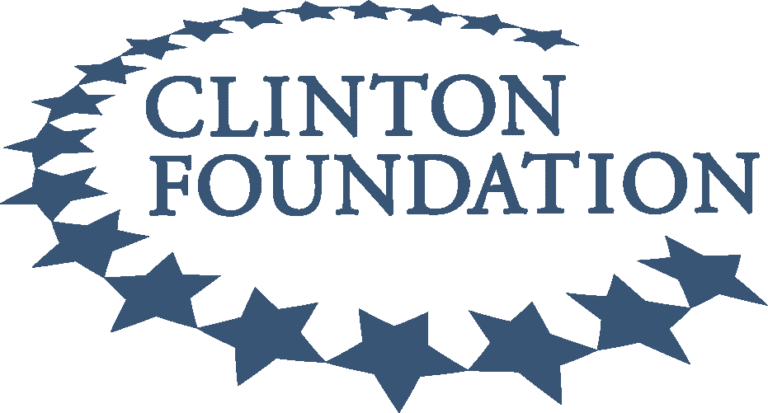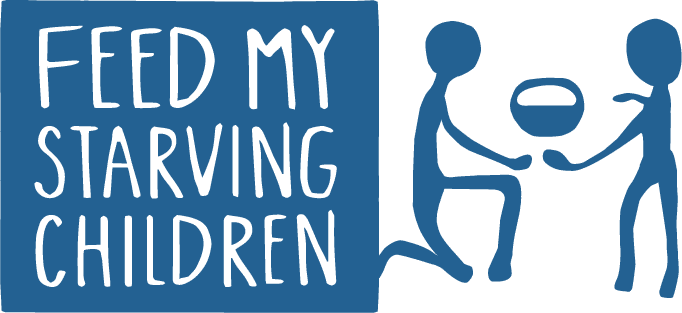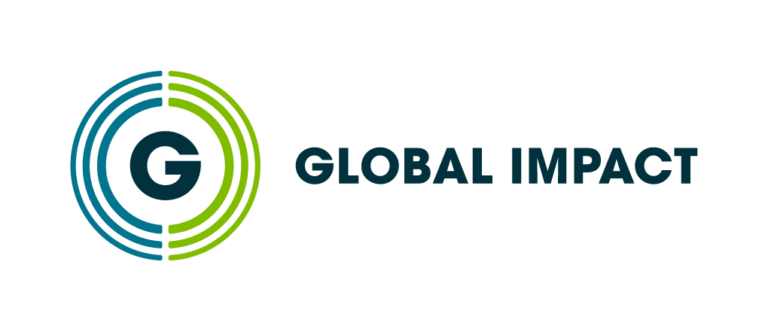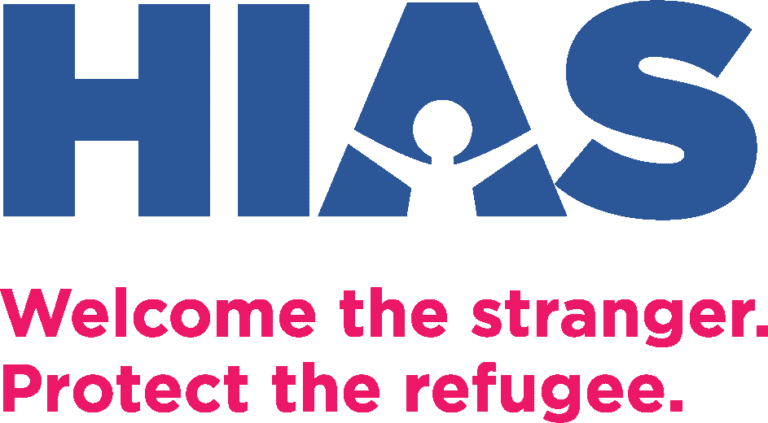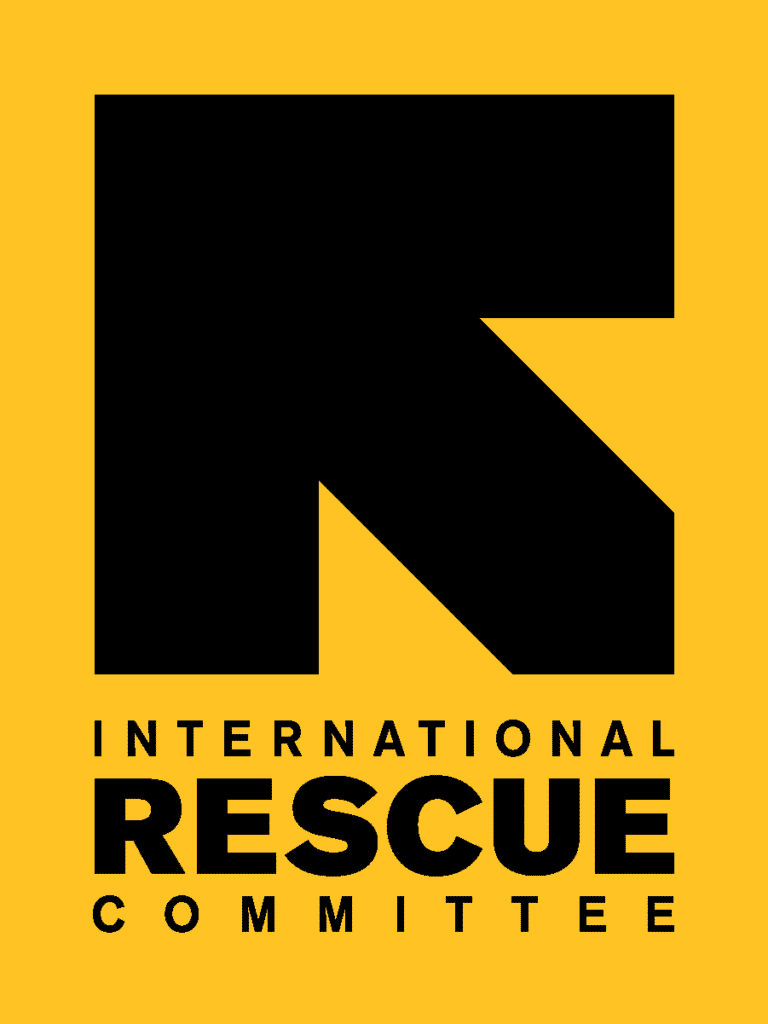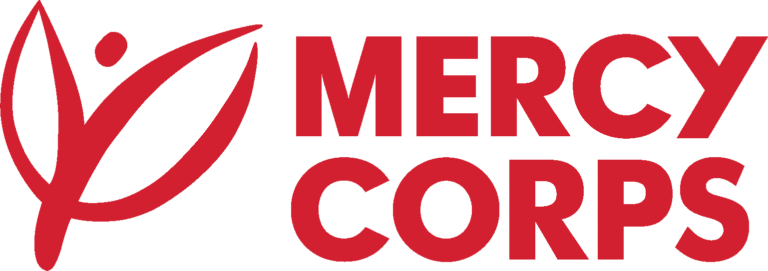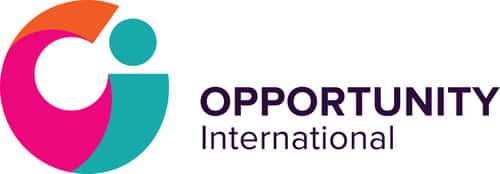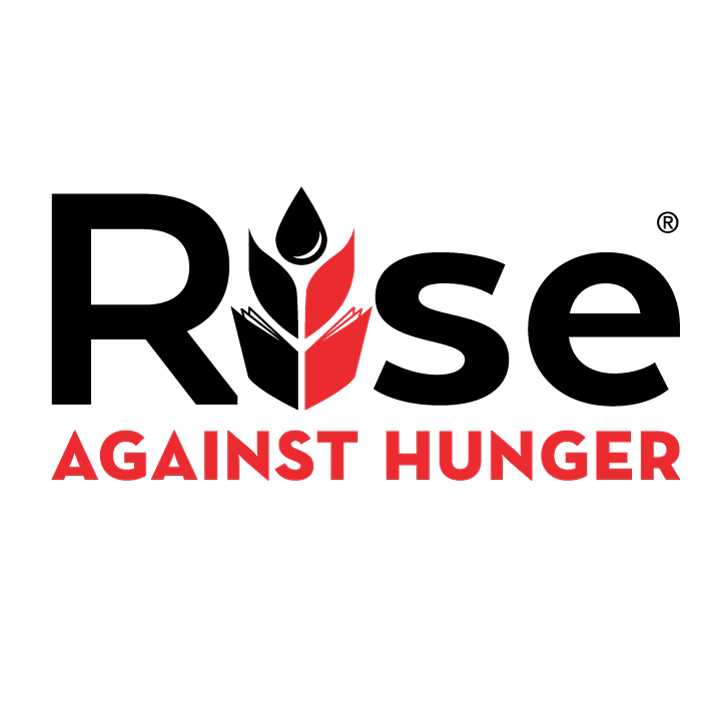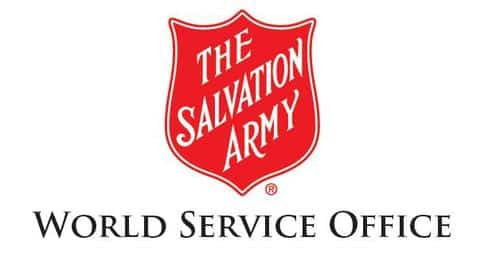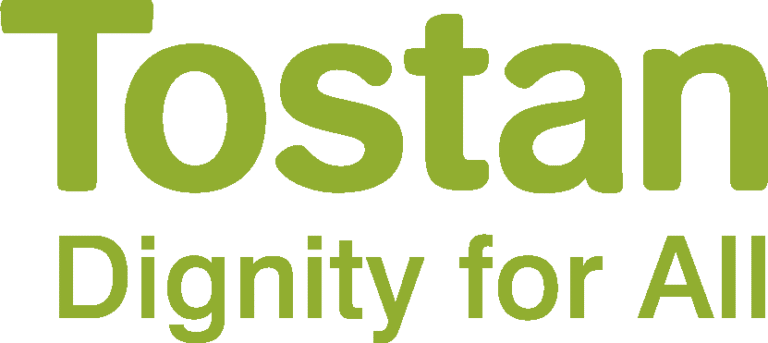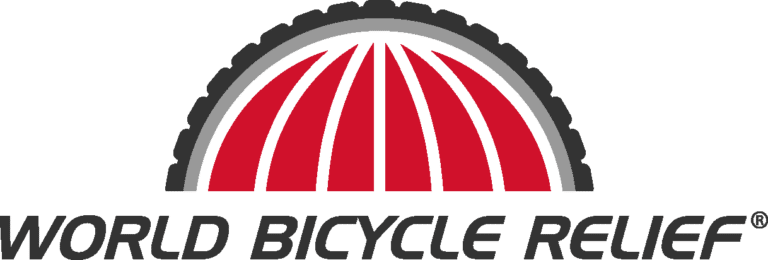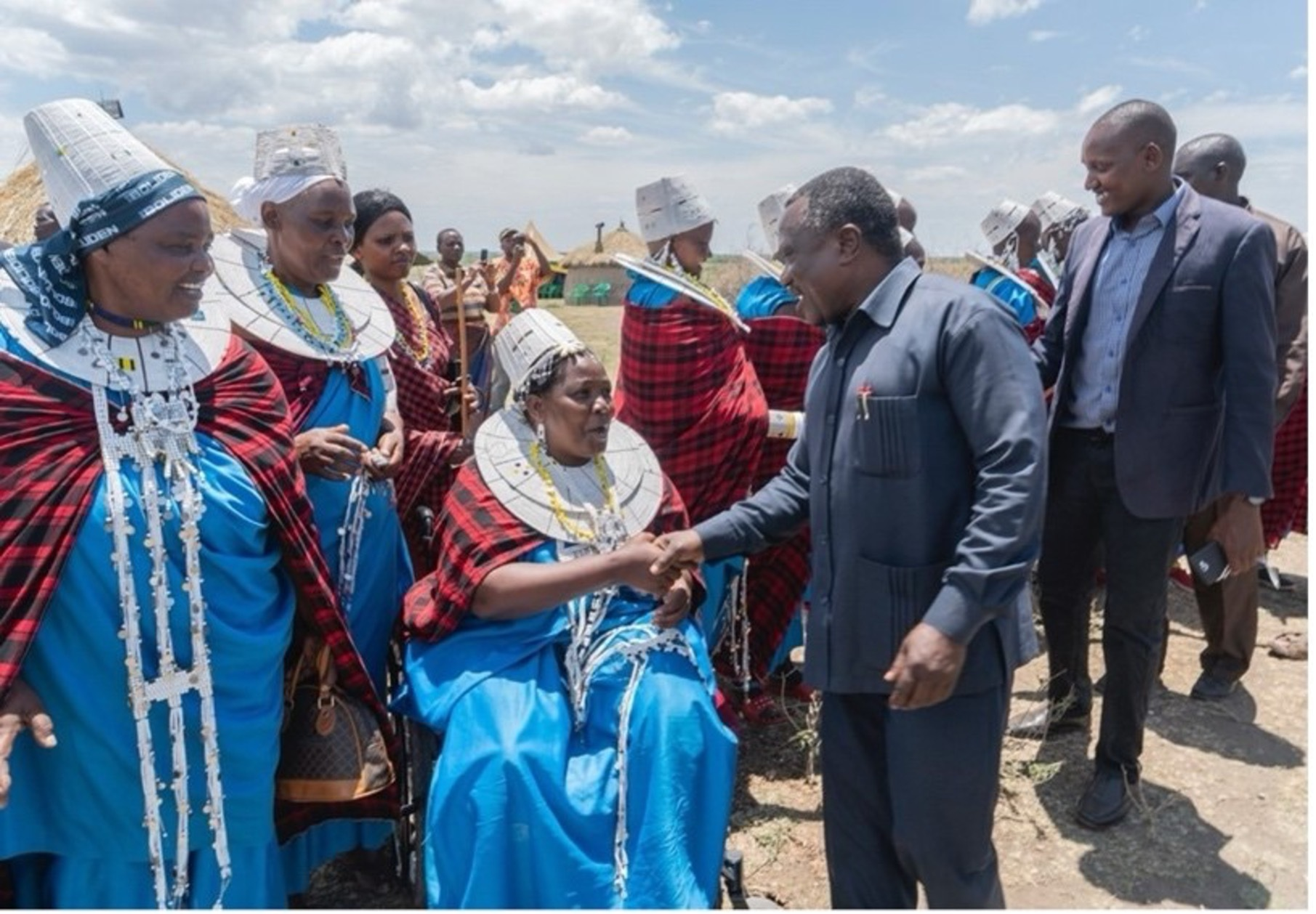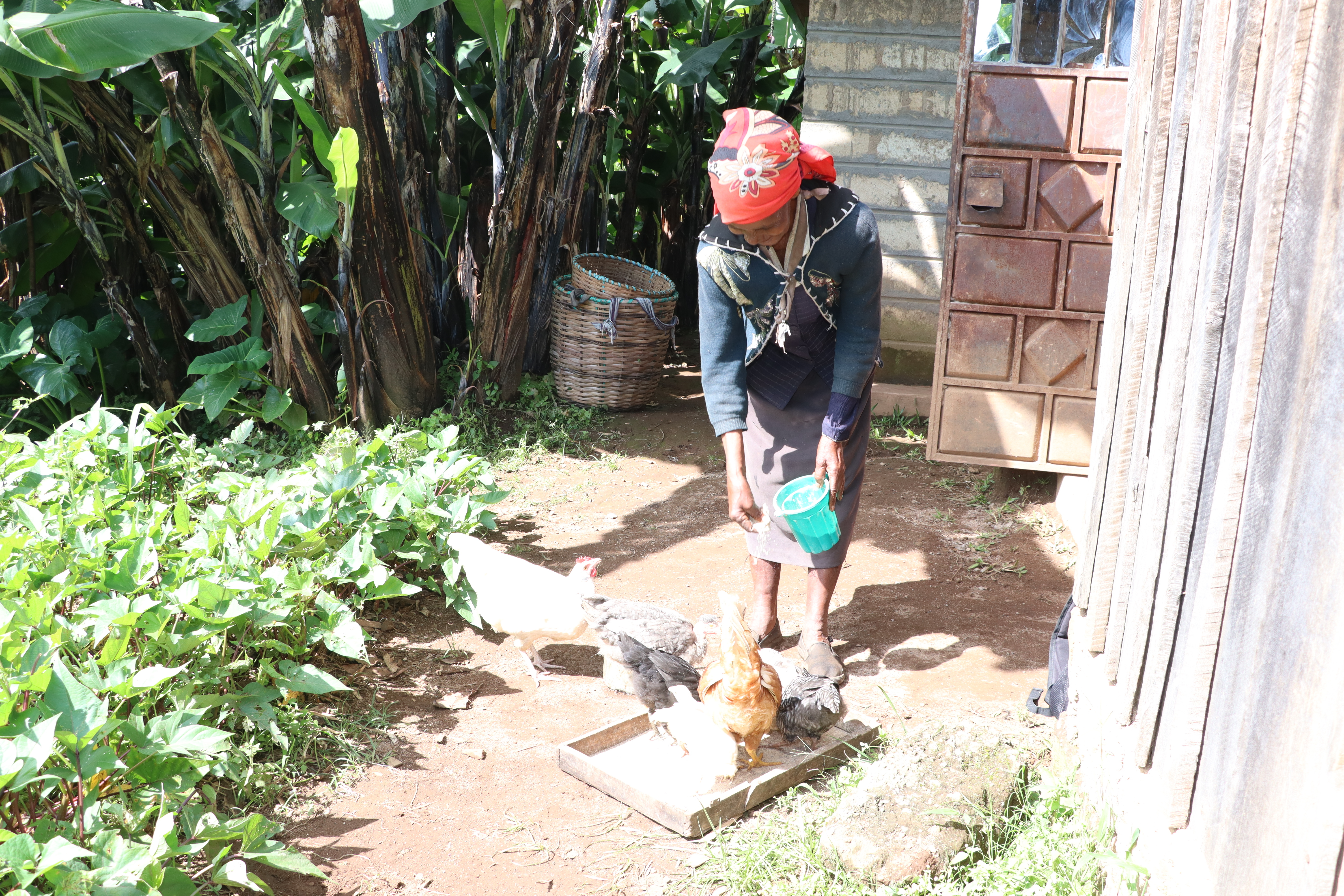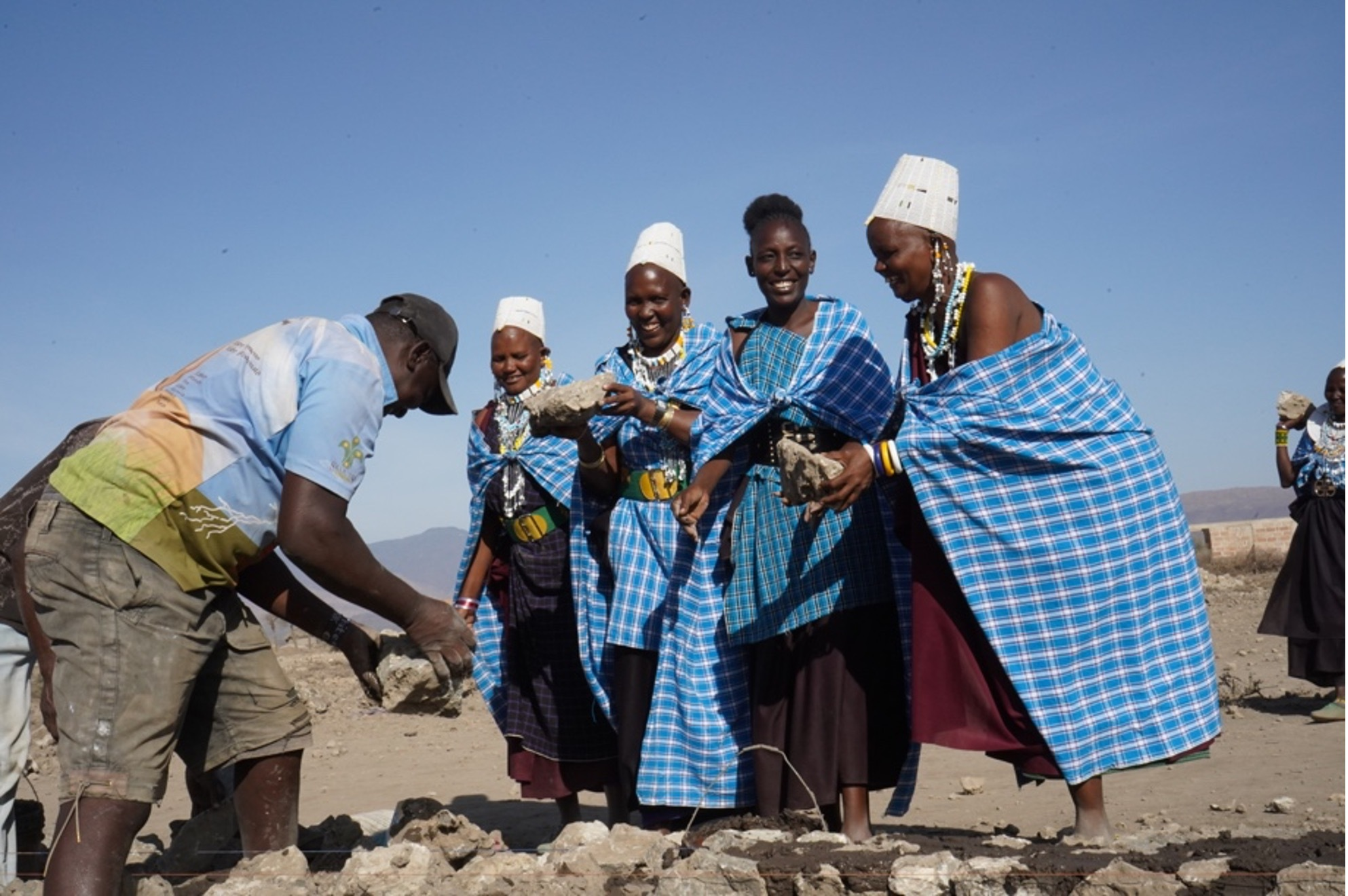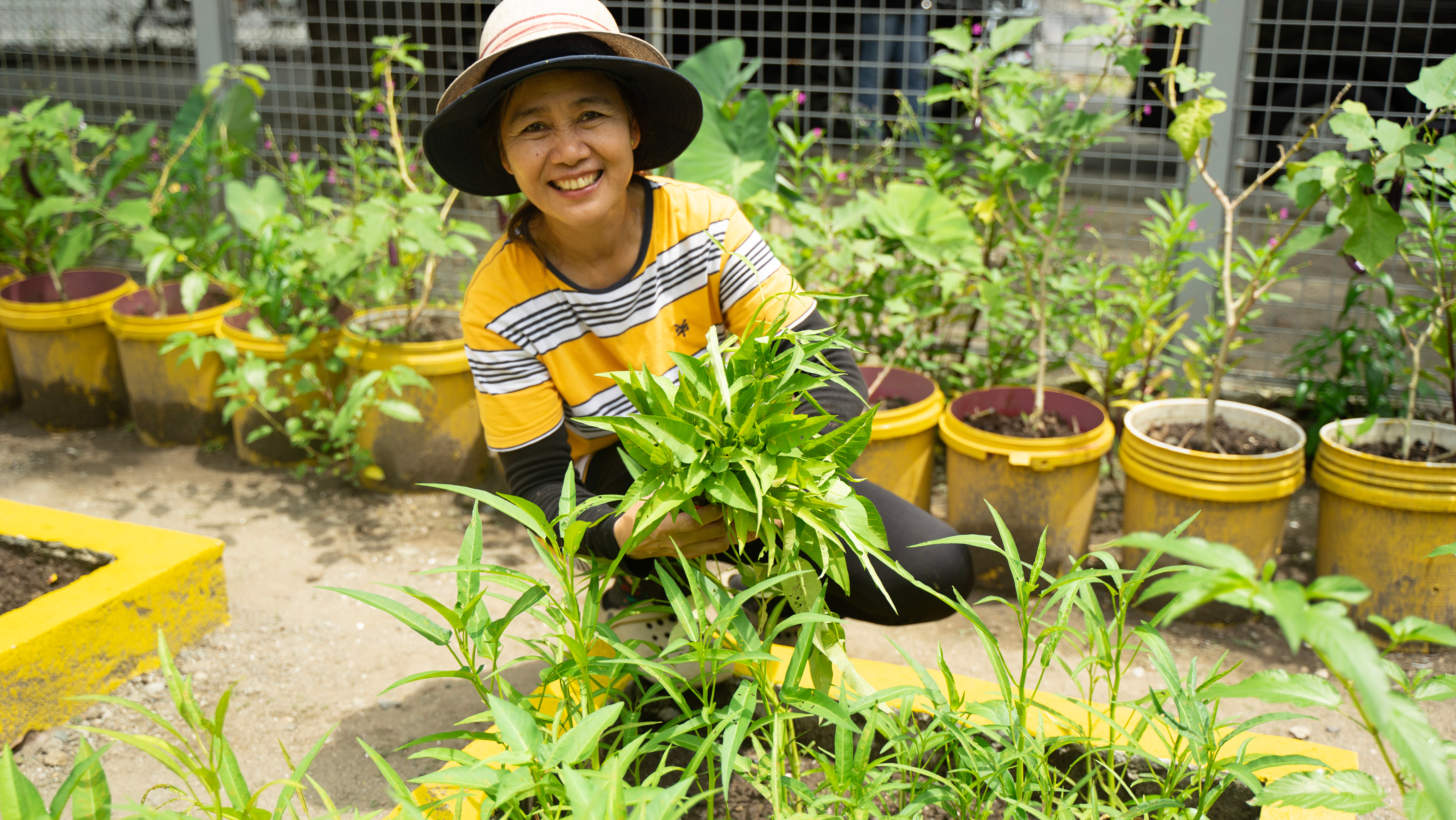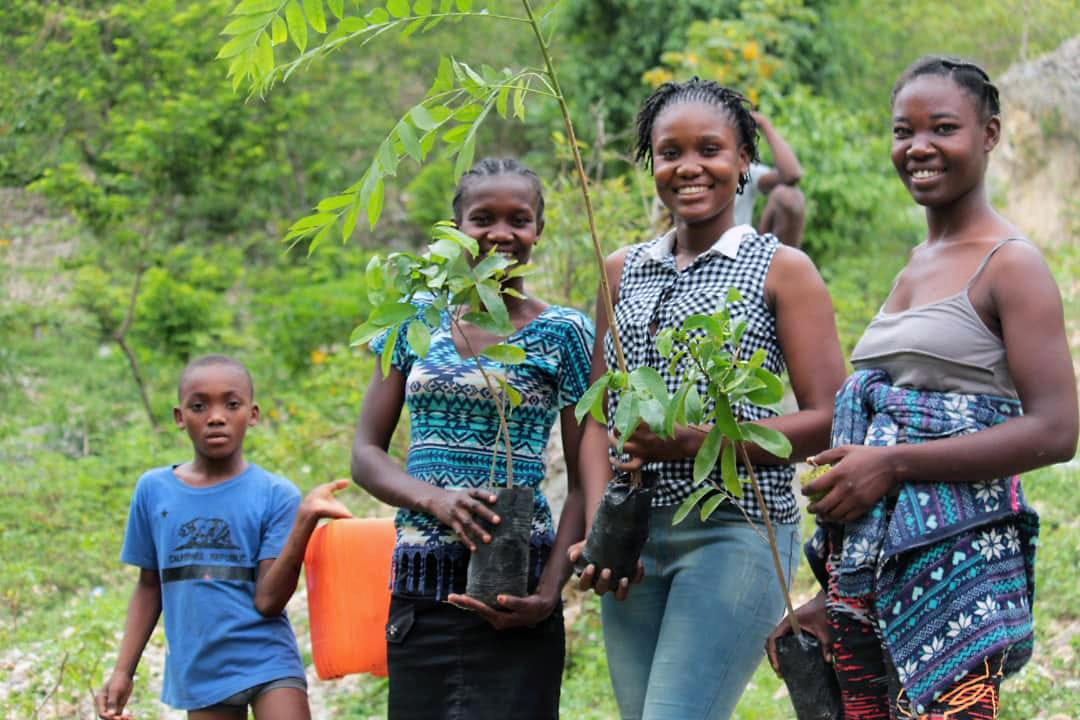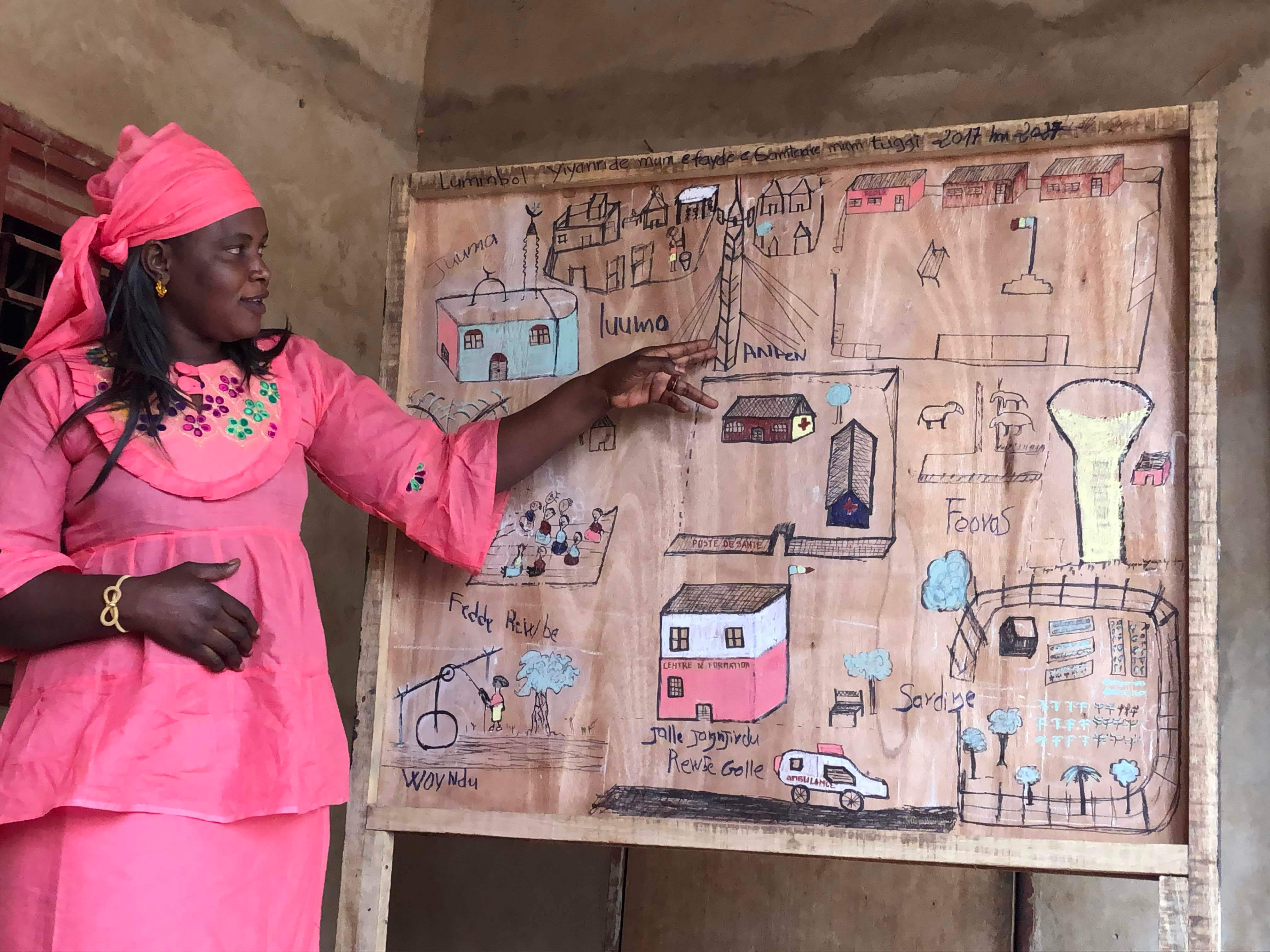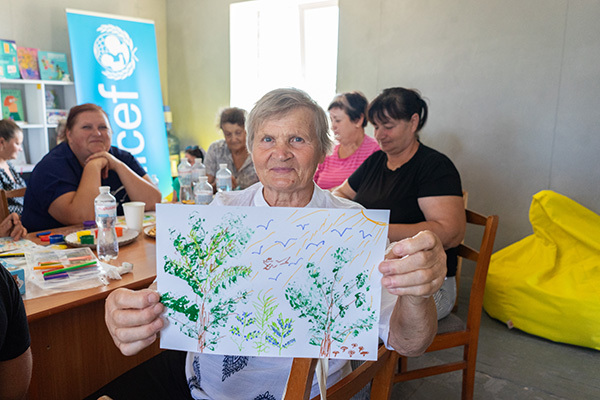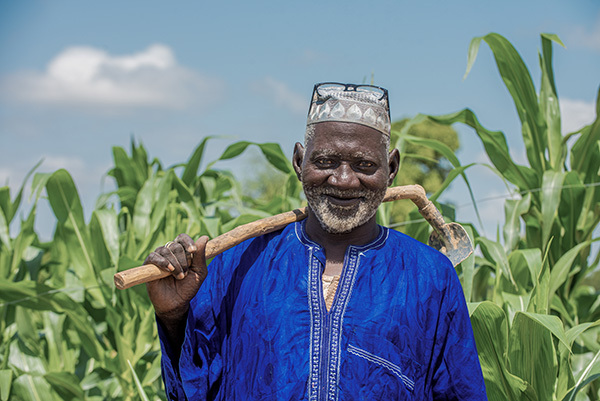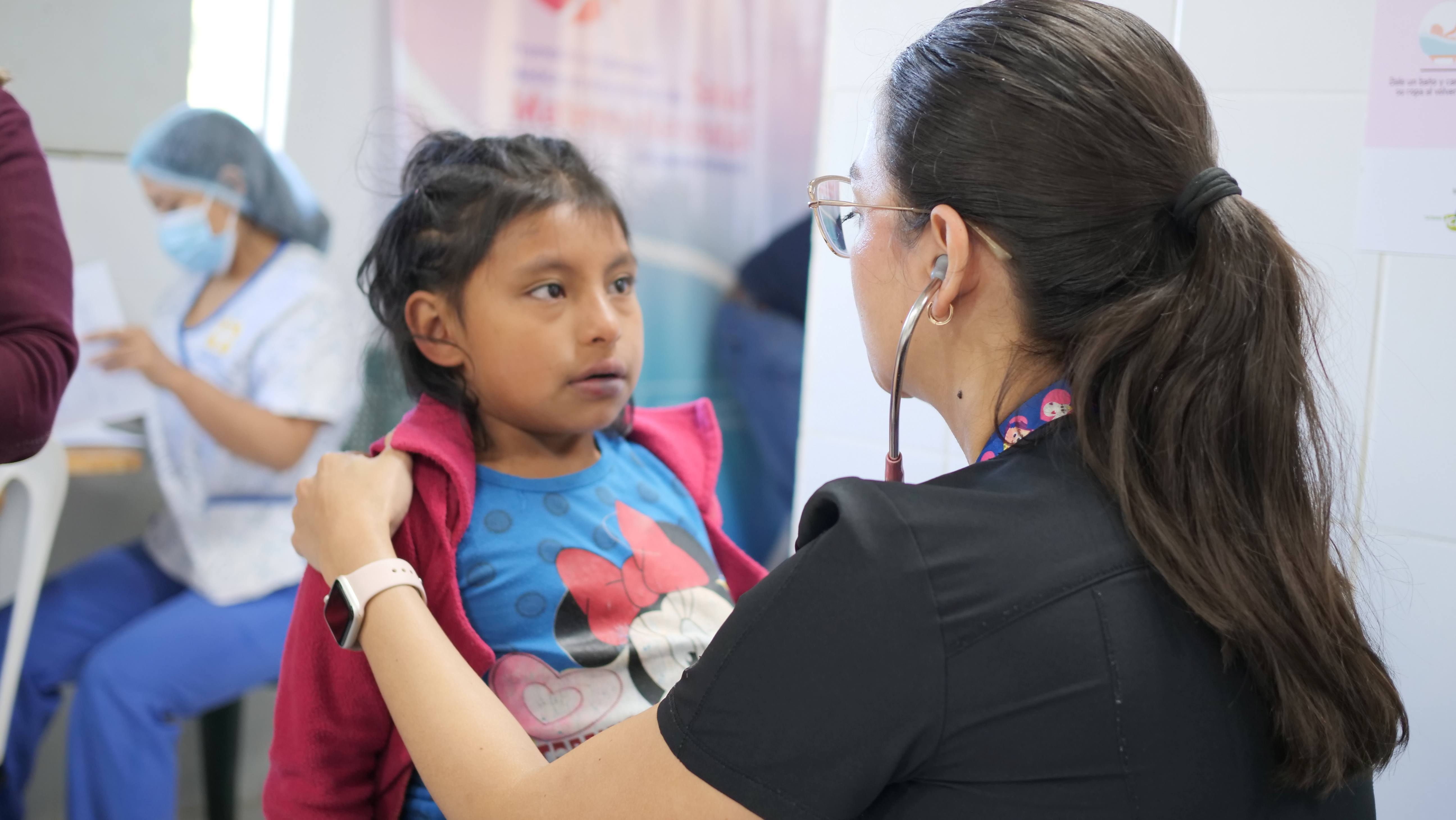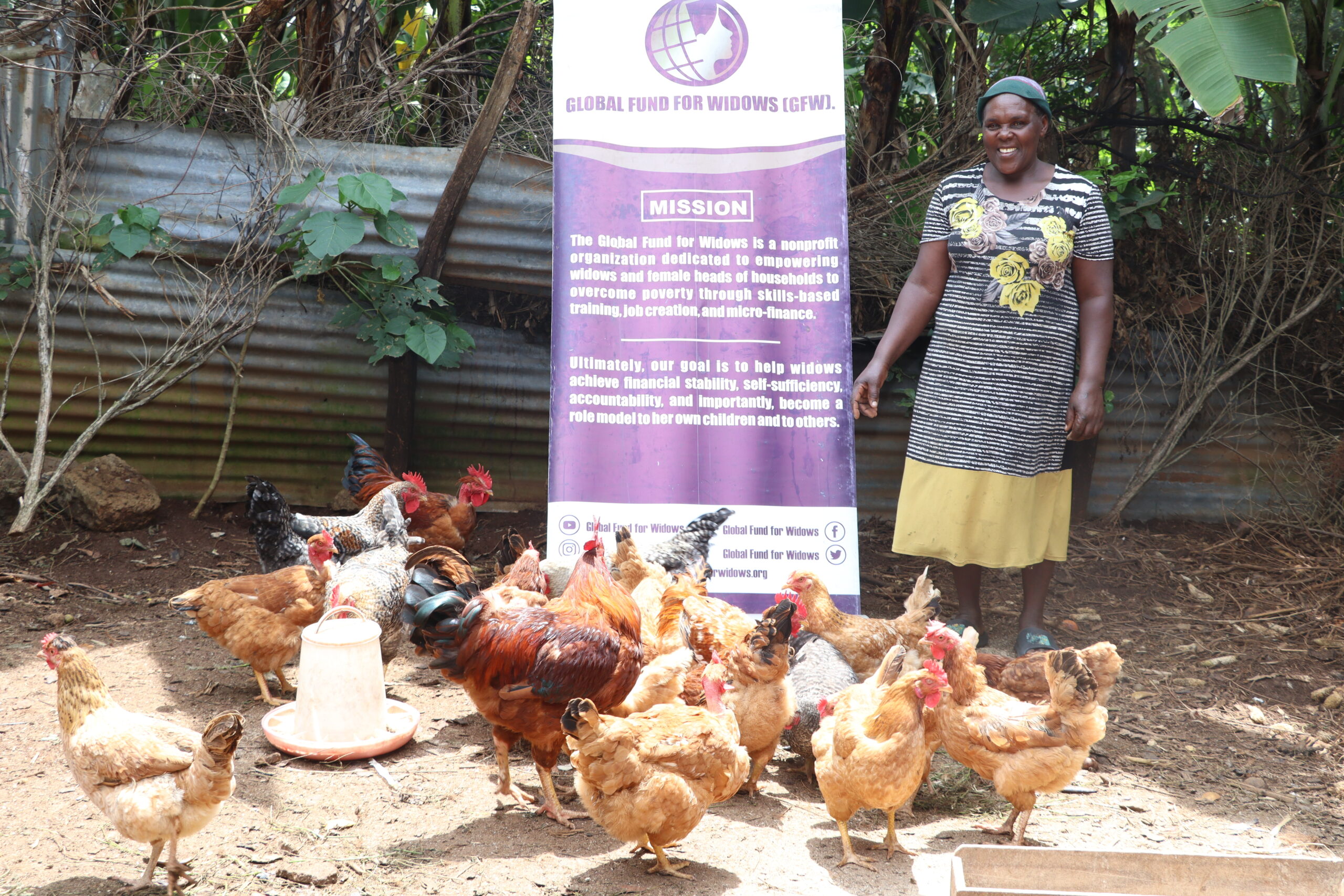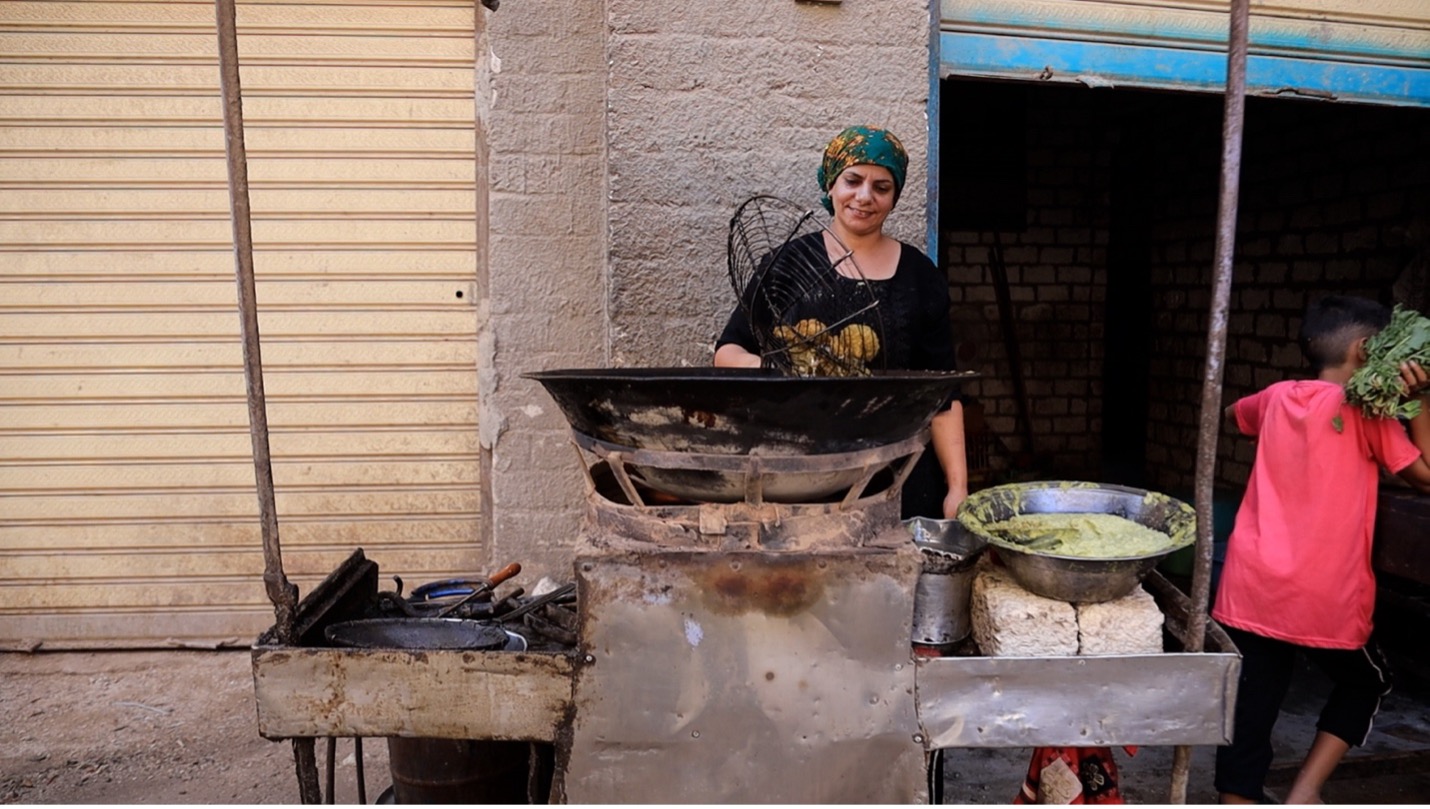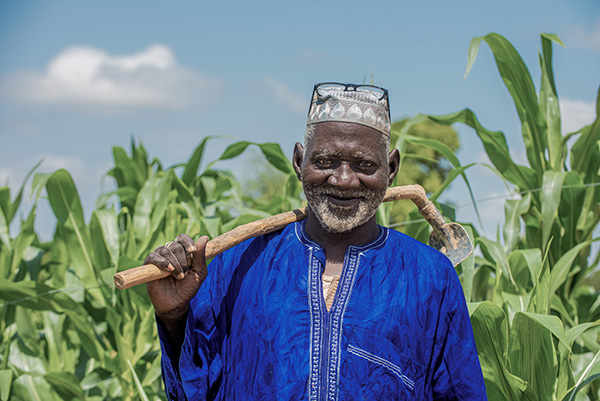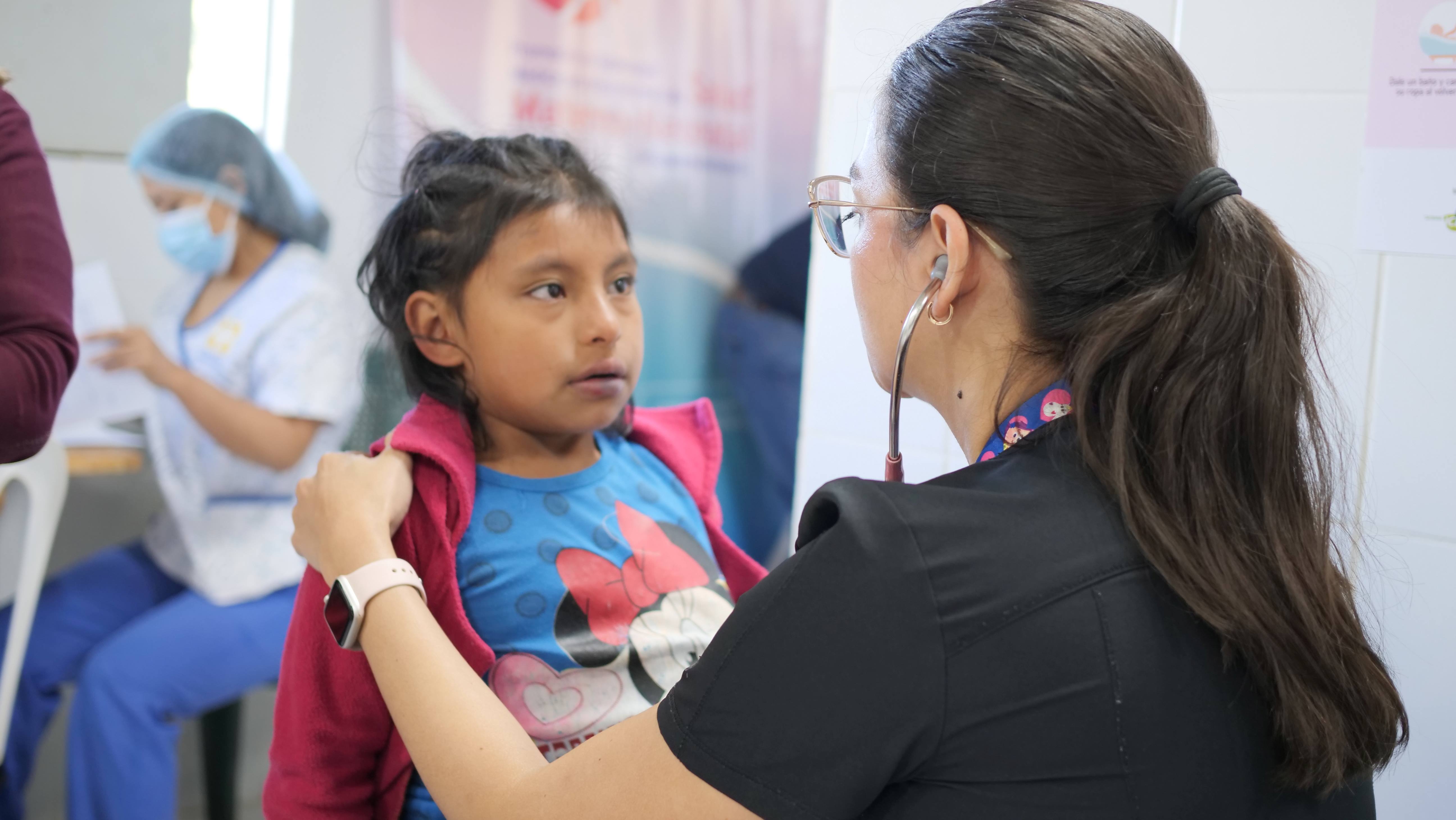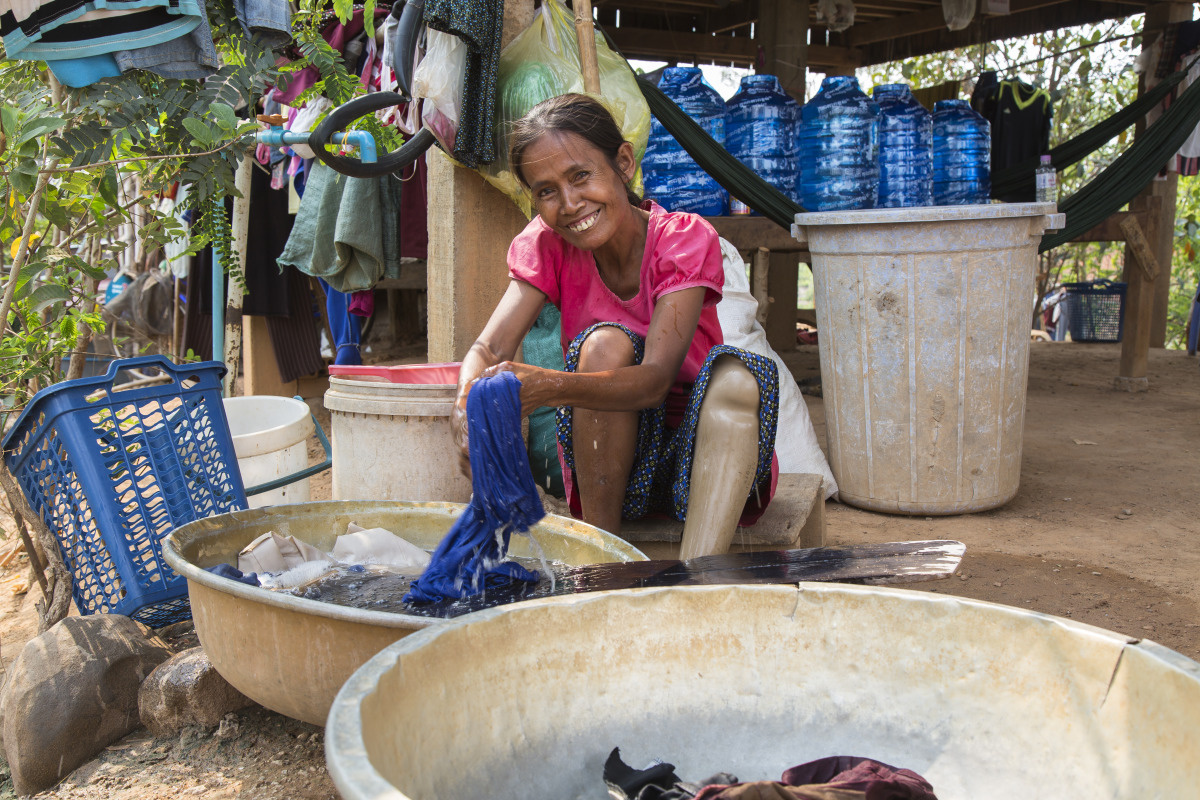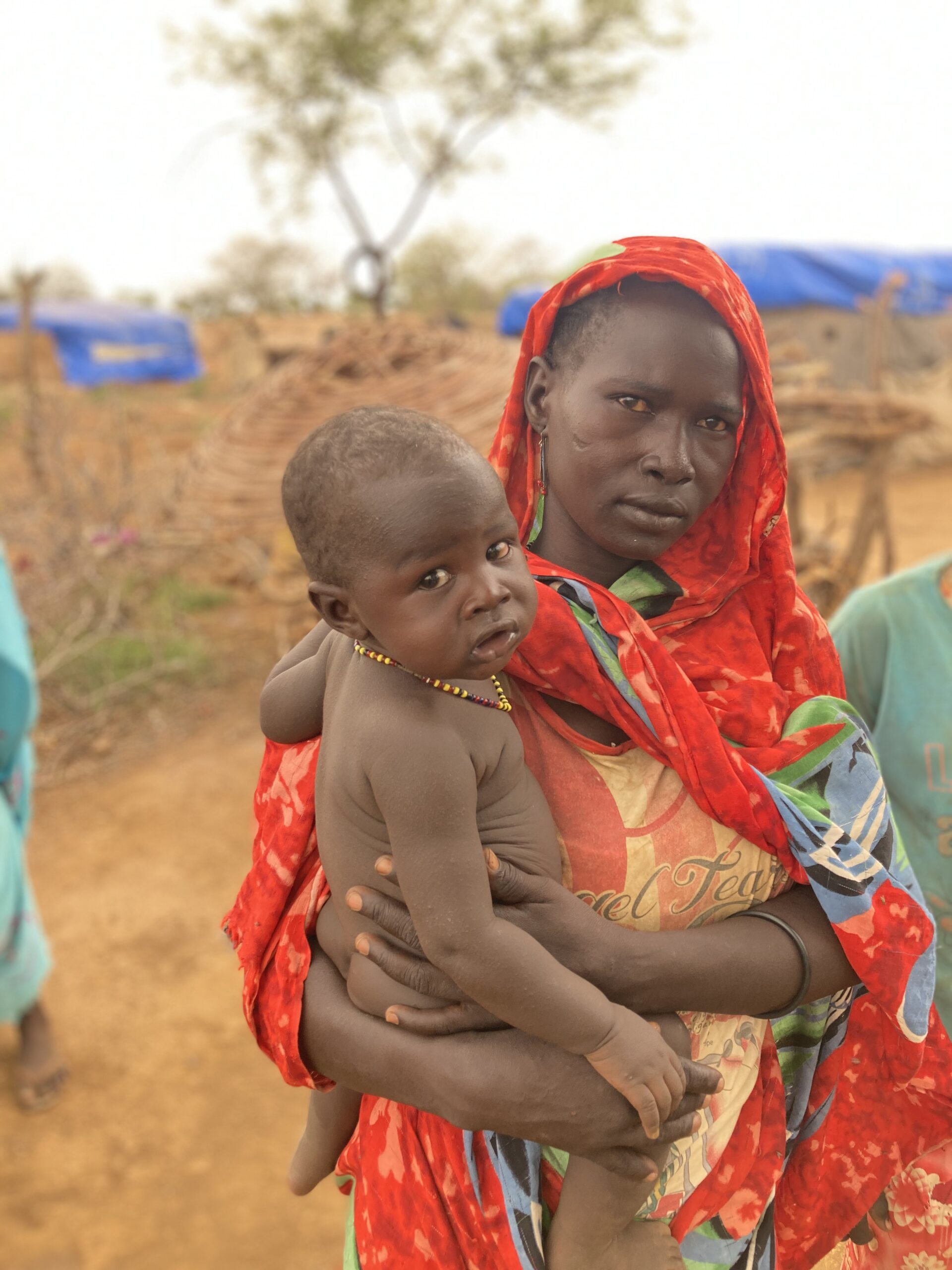Poverty compounds humankind’s worst dilemmas. Eradicating it would improve the quality of life for all – ensuring access to nutritious food, clean water, quality medical care, education, and more. It would boost economies and revitalize our environmental resources. In other words, eradicating poverty would help individuals and communities thrive.
-Agriculture can help reduce poverty, raise incomes, and improve food security for 80% of the world’s poor.
-About 450 million youth (7 out of 10) are economically disengaged, due to lack of adequate skills to succeed in the labor market.
-Almost 700 million people live in extreme poverty, on less than $2.15 per day.
The good news is our charity partners listed below are focused on helping individuals and communities rise above poverty. Their programs include microfinance, transportation, agricultural education, and more to ensure that people have sustainable ways to provide for themselves and their families.
Explore the resources below to see the impact of their work.
Feeling inspired? Be a global champion and help boost economies around the world by supporting Global Impact charities through your employee giving campaign.
Find a Charity
Explore the Impact
Give Global Blogs
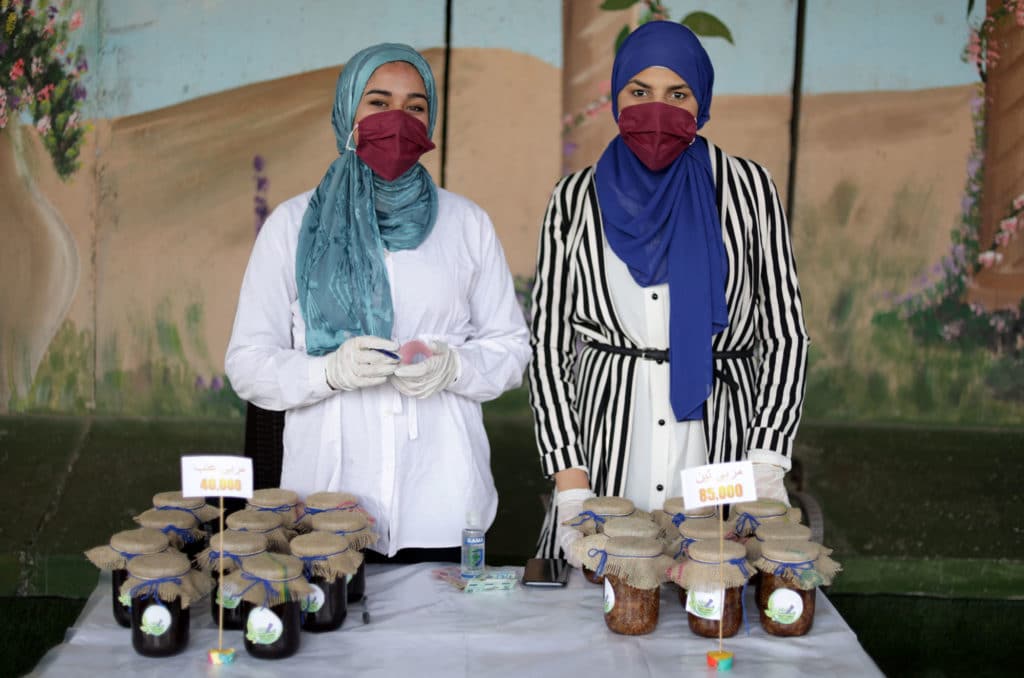
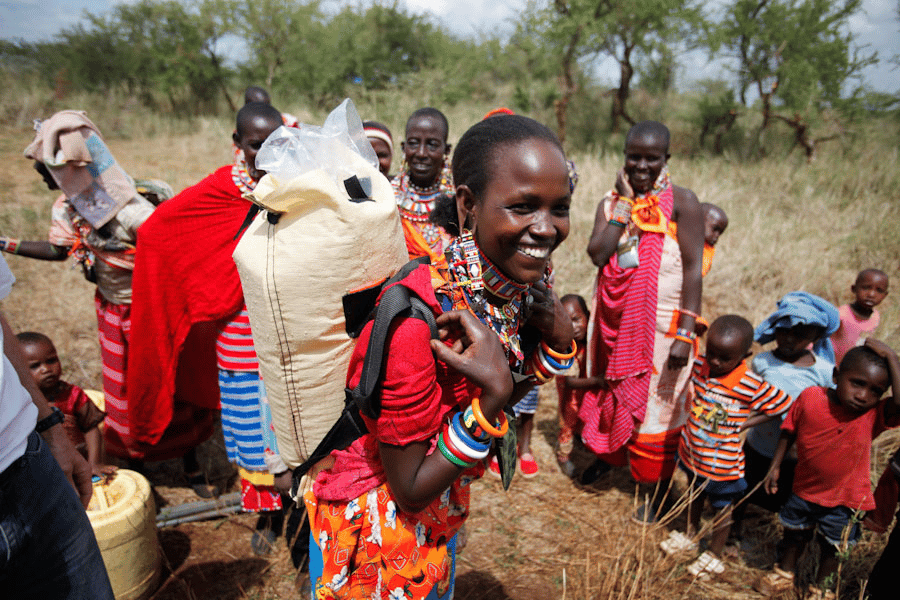

![Judith Alwang, 16, learns to sew at the Nyabondo Rehabilitation Center in Katito, Kenya. This center provides education and vocational training to children and youth with disabilities. Through a USAID-funded and World Vision-implemented program, Judith was one of the young people who received a wheelchair and learned about its maintenance. It's given her a freedom she never knew before. “Right now, I can do things that I was not able to do before, so my life has transformed,” Judith says. “I think that my future will be bright.” Summary: Judith Ajwang, 16, was brought to the Nyabondo Rehabilitation Center in Katito, Kenya by her aunt. Her parents died when she was young; she has no memory of them. “My auntie didn’t love me, and she didn’t welcome me,” says Judith. But her aunt did bring her to the center. Before, Judith had to crawl if she wanted to move anywhere. “I was not able to go anywhere. I was just there,” she says. Judith admired other children when they went by on their way to school, but school wasn’t an option for her. Things began to change when she arrived at the center six years ago and received sewing training. She began to be treated differently. “[The center] welcomed me very well, and I felt like I’d gotten my parents again,” Judith says. Then two years ago, she received a wheelchair through the as USAID-funded, World Vision-implemented program called ACCESS. That stands for Accelerating Core Competencies for Effective Wheelchair Service and Support. “That day, I was very happy when I received the wheelchair because I was now able to move very freely,” Judith says. She also received training on how to take care of her wheelchair and how to clean it. If something breaks, then she gets help repairing it. “Before I got the wheelchair and I was just at home, I was seeing no future,” Judith says. “I was just there, and there was nothing.” Now, when she finishes her studies, she’ll get](https://charity.org/wp-content/uploads/2022/09/World-Vision-12-24-601x387-8c43504.jpg)



